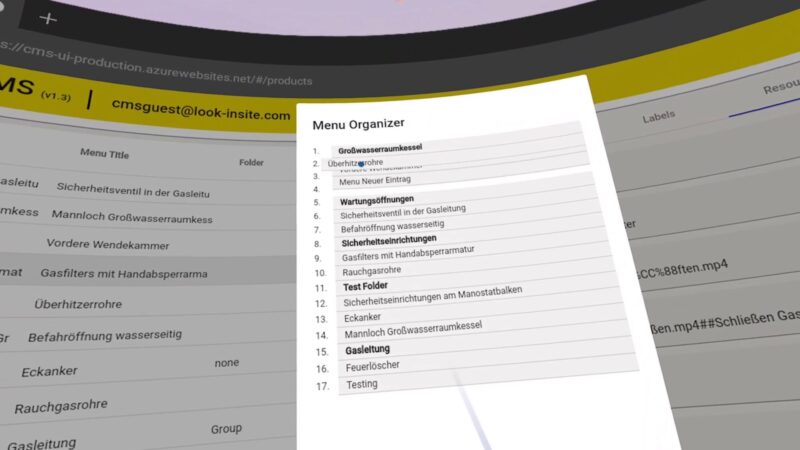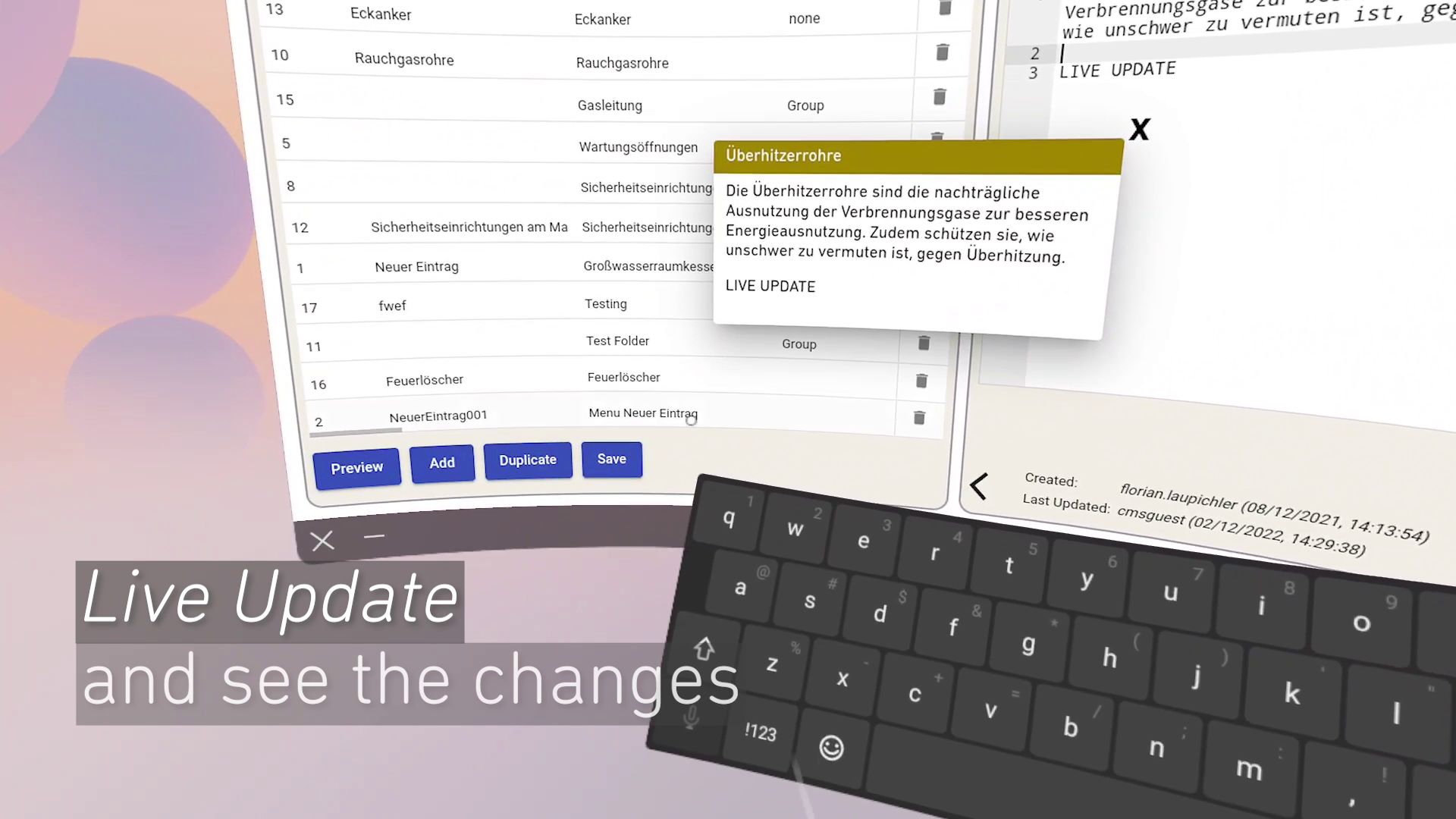SHARE
YOUR
SPACE
WITH
THE
WORLD
Make 360º VR augmented reality 360º video immersive training XR marketing 360º photography VR software with us
Our vision is to use the power of creativity to not only make stunning XR content, but also empower companies to capitalize on their locations. We believe in delivering the dynamic experience of any space online – saving resources, while expanding value.
Insites – 360º VR
Take an interactive journey through a real life location with live hosts, motion and media.
Intime – 360º Video
Experience real events from an immersive point of view, as if you were really there.
Invision – AR
Examine active models and explore spaces as though they were in the room with you.
Inbody – Digital VR
Enter a virtual world and interact with it, developing skills and experience.
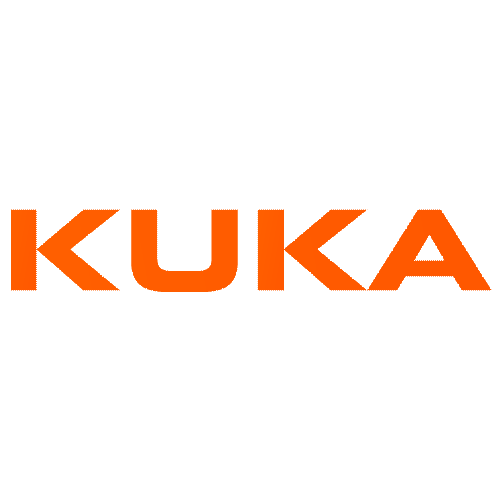



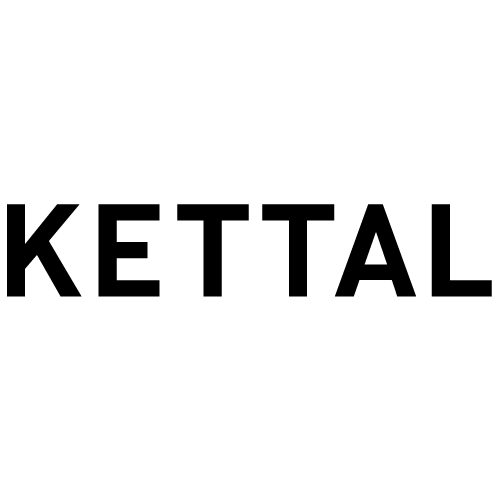



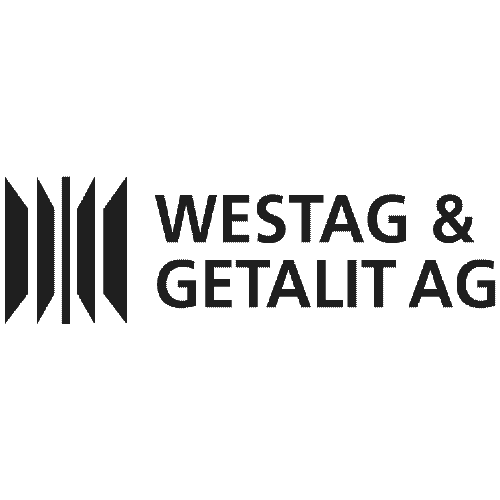
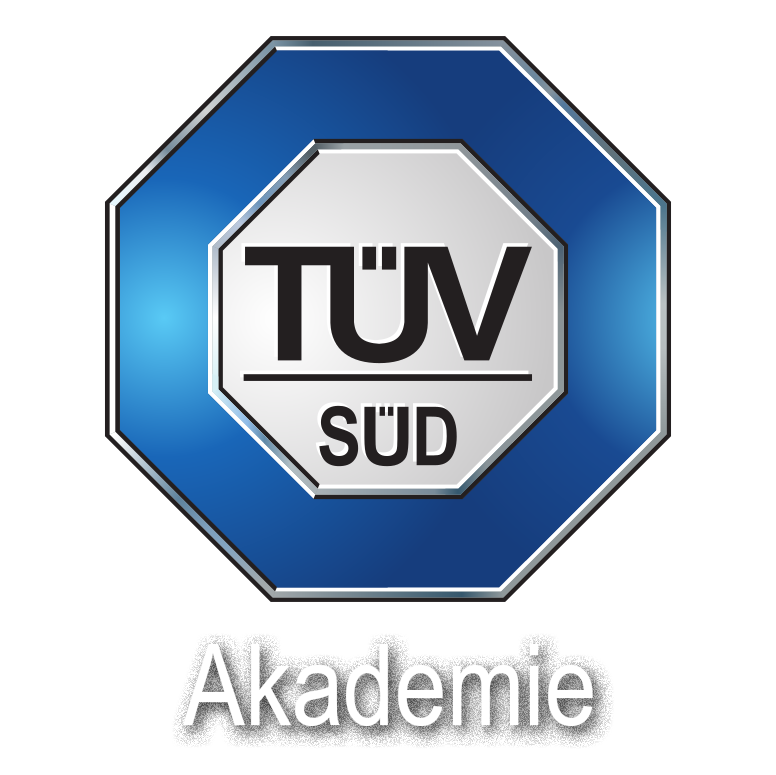
















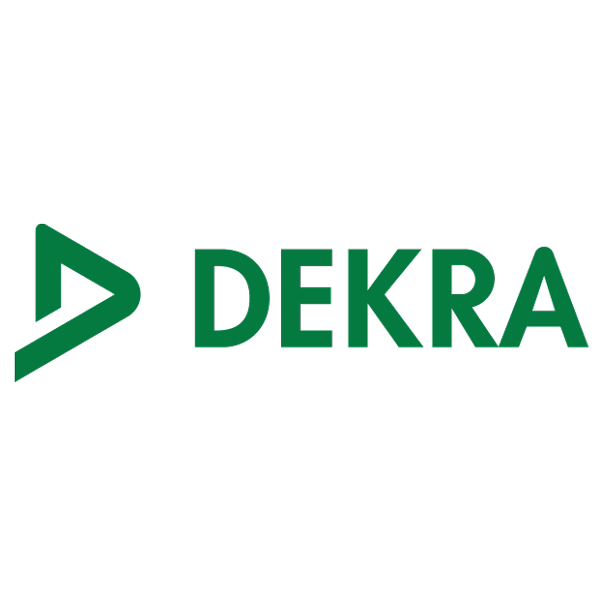


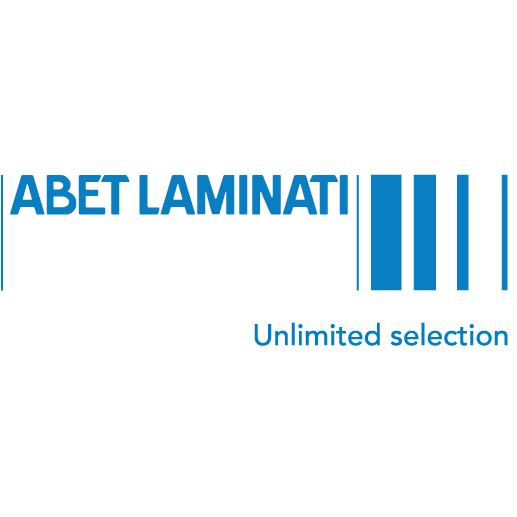

Look.Insite begleitet uns bereits mehrere Jahre als exzellenter Dienstleister für realistische und realitätsnahe 360°-Touren. Gemeinsam haben wir einen Standard erarbeitet, welcher bisher mit der beste auf dem Markt ist und sogar ermöglicht die 360°-Tour mit den gängigen VR-Brillen zu nutzen. Bezogen auf alle für uns wichtigen Aspekte wie z.B. Qualität der gesamten 360°-Tour, Individualisierbarkeit, Verfügbarkeit, Usability und Erweiterbarkeit, ermöglicht dies auch eine direkte Übernahme aller erstellten 360°-Touren in unsere TÜV SÜD XR Academy.
CASE STUDIES
All ProjectsHighlights Only
All Features
- All Project Tags
- ! Fire Safety
- ! Work Safety
- ? Art & Design
- ? Automotive
- ? Industrial
- ? Interior Design
- ? Medical
- ? Real Estate
- ? Sales & Marketing
- ? Scientific
- > Trade Show
- > Virtual Showroom
- = Headset VR
- = Mobile Devices
- = Mobile VR
- $ 3D Graphics
- $ Animation
- $ Avatars
- $ Freedom of Movement
- $ Graphic Overlays
- $ Intro Video
- $ Lifestyle 360º
- $ Live Chat
- $ Live Video Conference
- $ Screens
- $ Video Content
Dangerous Goods Vehicle
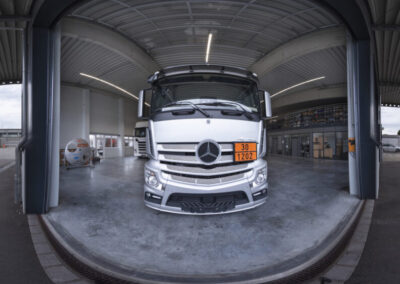
TÜV Süd Academy
Heating Vessels
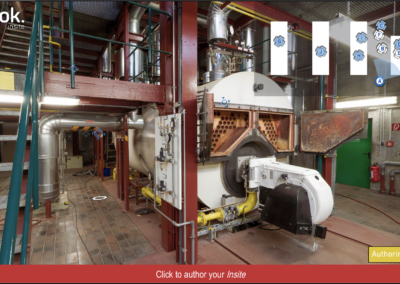
TÜV Süd Academy
Operating Theatre Technology
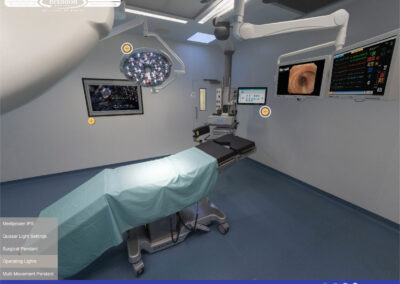
Brandon Medical
Space Era
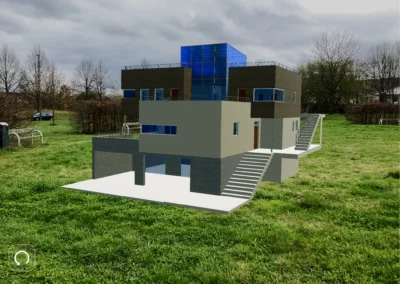
Iiterate Technologies
Vizona, Ansorg, Visplay
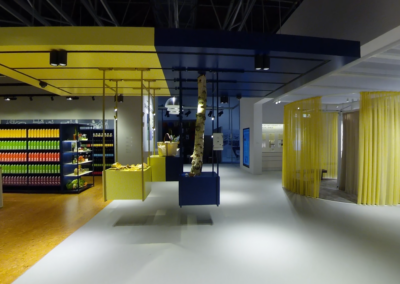
Vitra / mac. brand spaces
VW Caddy 5
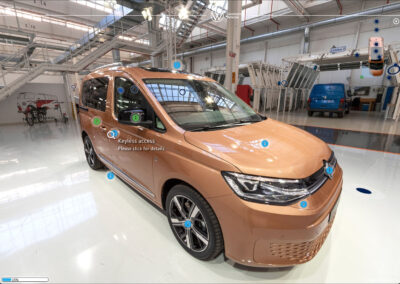
VW Commercial Vehicles / Wollmann Consulting
VW Customer Center
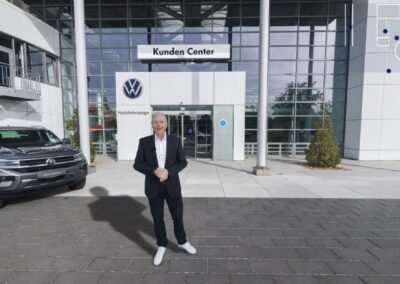
VW Commercial Vehicles / Wollmann Consulting
Zoonoses Conference 2021
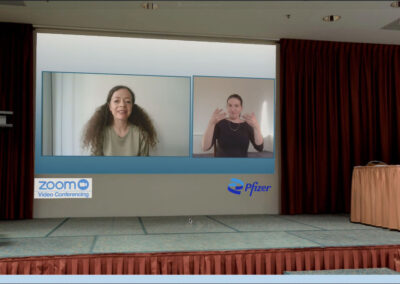
Orgalution






